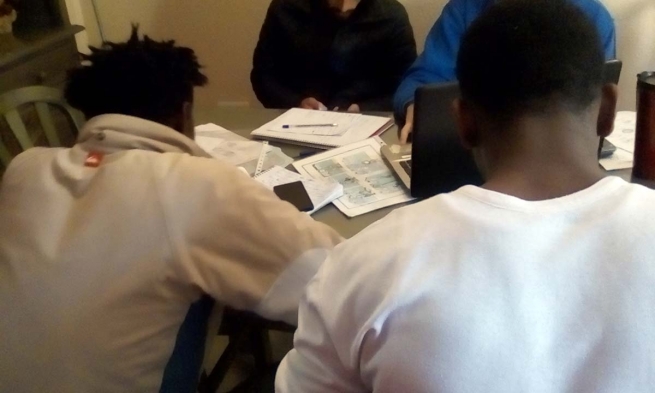EL SALVADOR: Don Bosco University developing new micro-macro observatory

(MissionNewswire) The Don Bosco University in San Salvador, El Salvador is developing a micro-macro observatory. This new center is unique in the region and designed for research and educating students and the local population on the scientific observation of the universe (macrocosm) and of organic and inorganic matter (microcosm).
Thanks to the German foundation Karlheinz Wolfgang for Health and Education, the observatory will have an observation tower, a room for educational-scientific activities, a terrace for observation, a planetarium and an astronomical observatory equipped with technology specific to the study of science at the micro and macro levels.
The main telescope will have an RC optical design ideal for observing deep space objects such as the galaxy, globular clusters and open star clusters. It will also be equipped with CCD cameras, used in astronomy to transmit telescope images in real time of the moon, planets, galaxies and other celestial bodies. In addition, the center will house secondary telescopes and solar telescopes, as well as main and secondary microscopes for research in the microcosm.
This new project seeks to integrate the academic and scientific dimensions of Don Bosco University with the potential generated by the principles of individual psychology developed by the Karlheinz Wolfgang for Health and Education and to make way for a project that responds to current challenges of the Salvadoran educational, cultural and social contexts.
“Certainly, we are all aware of the great challenges that await our country and the great effort required to find solutions,” says Brother Mario Olmos, Salesian rector of Don Bosco University. “The real danger is to convince ourselves, on the basis of a superficial assessment of their size and nature, that it is impossible to solve or deal with these problems.”
Don Bosco University provides opportunities for advanced education and employment for disadvantaged youth. Approximately 6,000 students are enrolled at the university, which maintains a strong link to the local employment sector through research, technology transfer programs, continuing education courses and consultancy services. Degree programs include engineering, social sciences, humanities, economics, technology and aeronautics.
Close to 35 percent of El Salvador’s population lives in poverty, according to the World Bank. Youth in El Salvador are confronted not only with poverty, but with instability, high levels of violence and inadequate access to educational opportunities. Despite ranking high for economic indicators, the need for practical education in the country is more important than ever with 12 percent of youth ages 15 to 24 unemployed and 41 percent underemployed.
Salesian missionaries in El Salvador provide social development services and primary, secondary and vocational education as well as university degree programs to aid youth in breaking the cycle of poverty and contributing back to their families and communities.
###
Sources:
ANS – El Salvador – First stone set at Micro-Macro Observatory of Don Bosco University
World Bank – El Salvador




